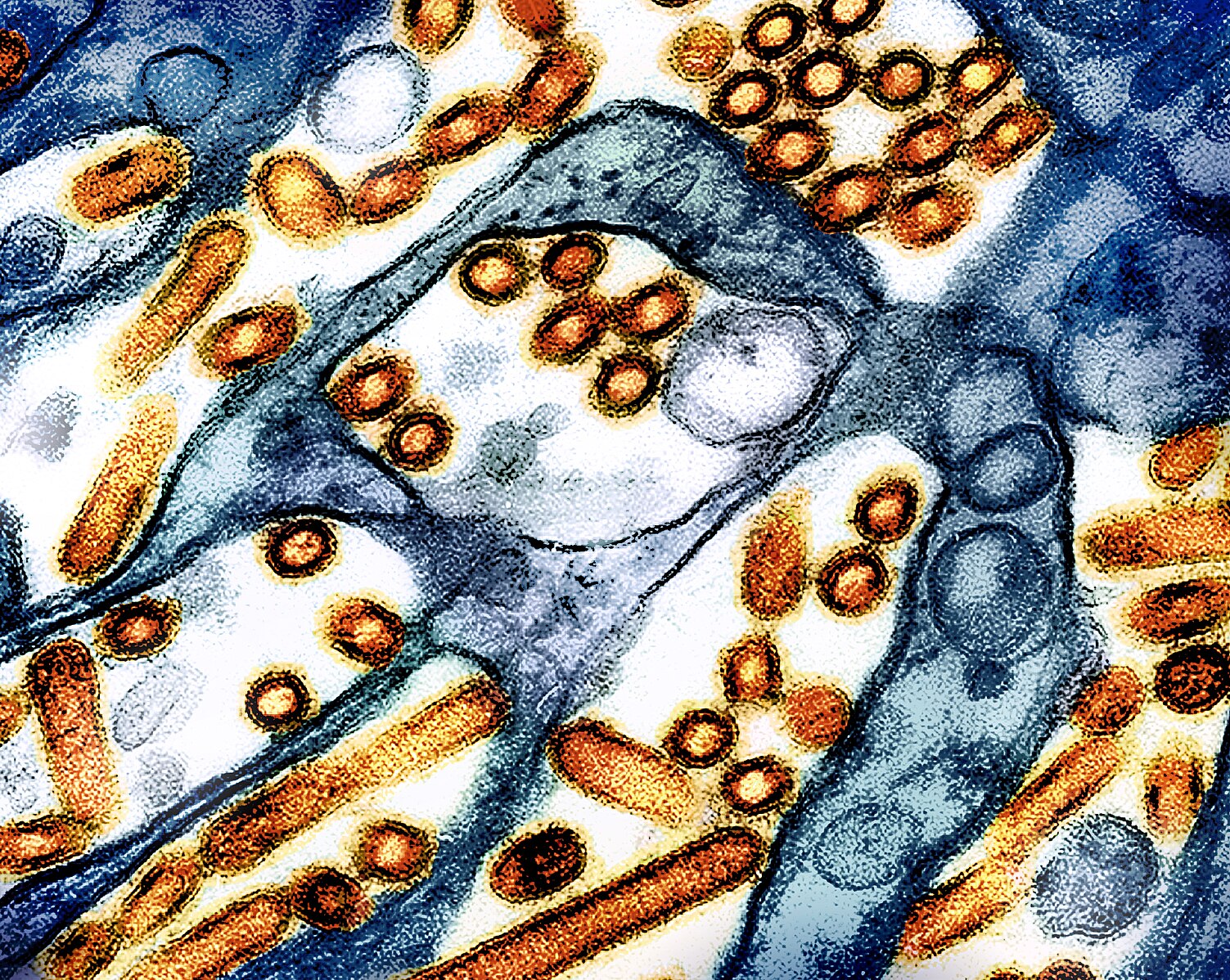
A rapid increase in bird flu cases across Europe is driving governments to expand containment measures, with Ireland becoming the newest country to order that all poultry be kept indoors. The nationwide directive follows confirmation of the country’s first infection in three years and adds to growing concern over the spread of avian influenza across the region.
The virus, formally known as highly pathogenic avian influenza (HPAI), has become a recurring crisis for farmers. In recent seasons, it has led to the mass loss of birds worldwide and disrupted food production chains. The disease has also spread to livestock in North America, heightening anxiety about its potential to cross species barriers and affect humans.
Nigel Sweetnam, head of the Irish Farmers’ Association’s National Poultry Committee, said on national radio that this year’s pattern of infection has changed. The virus appeared earlier than usual and in new regions of the country, he noted, describing the situation as deeply troubling for producers already under financial pressure.
Ireland’s decision mirrors steps already taken elsewhere. France reintroduced strict containment in October after past outbreaks forced the destruction of millions of birds during the 2021–2022 season. The United Kingdom imposed similar rules this week, while Belgium and the Netherlands took precautionary actions earlier in the autumn.
Fifteen of the twenty-seven European Union member states have now detected infections among commercial or backyard flocks. Data collected by France’s national animal health surveillance platform show more than 680 outbreaks in the EU and United Kingdom since August, compared with fewer than 200 during the same period last year. The sharp rise coincides with seasonal bird migrations, when wild species carry the virus across long distances.
Germany currently faces the heaviest toll. Between August and the end of October, authorities there recorded 58 farm infections, up from only eight a year ago. Reports indicate that roughly one million birds have already been euthanized to halt the spread. While Berlin has not issued a nationwide order, several regional governments have moved to confine flocks indoors and restrict transport between farms.
Poland, the EU’s top poultry producer, has registered 15 outbreaks this season. The country has not yet implemented mandatory confinement but continues to monitor farms closely and advise producers to strengthen barriers against contact with wild birds.
Veterinary experts warn that early seasonal transmission could complicate efforts to control the disease through winter. They urge farmers to disinfect equipment regularly, limit movement between barns, and maintain strict separation between domestic and migratory species.
The European Food Safety Authority is coordinating with national agencies to trace the virus and share genomic data. While the threat to public health remains low, officials emphasize that vigilance is critical to protect both livelihoods and food supplies. As the continent enters colder months, keeping poultry secure indoors may prove to be the most effective defense against another devastating flu season.
Image is licensed under the Creative Commons Attribution 2.0 Generic license and was created by NIAID.





